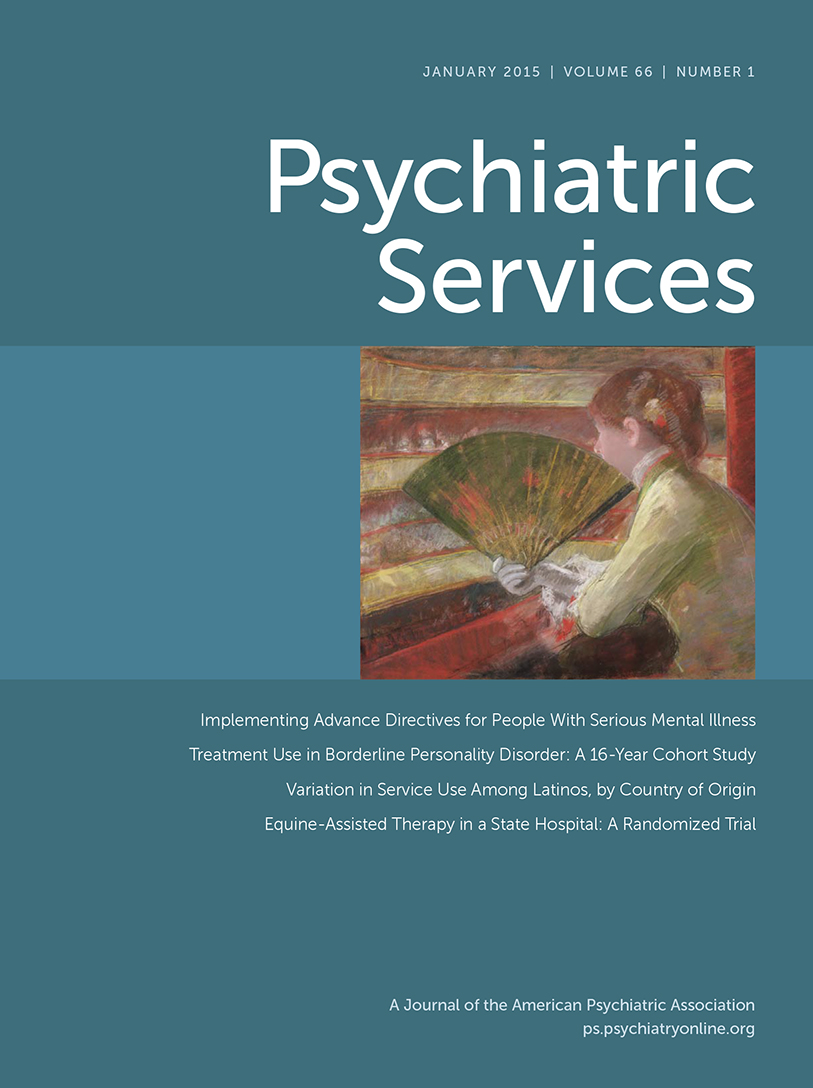Healthy Minds: Promoting Mental Health for At-Risk Youths
Urban youths in underserved communities are disproportionately faced with increased stressors, including violent neighborhoods, substance abuse, poverty, lack of support, and limited resources. They also have increased risk of entry into the juvenile justice system. This study aimed to create a cost-effective and reproducible program that promotes the mental health of at-risk youths from racial-ethnic minority groups in underserved communities.
The study received institutional review board approval by the University of Pittsburgh and was conducted at University Preparatory Middle School in Pittsburgh’s Hill District and funded by an American Psychiatric Foundation Helping Hands Grant. We recruited 13 medical student volunteers (six women and seven men, with ten identifying as African American and three as Caucasian) by making the Healthy Minds program an approved community service site for curriculum credit offered by the University of Pittsburgh School of Medicine via the school’s Student National Medical Association chapter. Each volunteer attended a one-hour training session led by a community expert on one of four topics: stress management and ways to cope with trauma, family planning and sex education, body image and dealing with depression, and professional development. These experts were doctors, nurses, or social workers who volunteered their time.
The Healthy Minds program was offered as an elective during The Zone! after-school program at University Prep in 2012. Two to three medical student volunteers led each interactive workshop delivered in a two-part series, given a month apart. The Healthy Minds curriculum was written by the student coinvestigators with input from community professionals. Recruited middle school students participated in eight weekly one-hour sessions. Healthy snacks were provided. Program participation was voluntary. Students were offered a $30 gift card and school supplies upon completion of the program. Twelve students initially enrolled in the Healthy Minds program. Seven students received parental consent to participate, and one female dropped out at week 2 because of behavioral problems at school.
Data were collected on the sex, age, grade, and race-ethnicity of each child. Four of the six participants were male. Average student age was 13 years. All student participants were African American. A sign-in sheet was used to track weekly attendance. Pretest and posttest assessments based on the lesson plans from each workshop were used to evaluate knowledge retention.
Program satisfaction surveys developed by coinvestigators revealed an average student satisfaction rating of 9.2 out of 10 points, indicating strong satisfaction. Students’ self-esteem was measured with the Rosenberg Self-Esteem Scale (range 0–30, with scores <15 indicating low self-esteem) administered at the beginning of week 5 and the end of week 8 of programming. Results showed an average 7-point increase and progression from low to normal self-esteem scores for two out of six students in a one-month time frame.
When participants were asked to indicate the best part of the program, the most common responses were “the activities” and “[It] teaches us new things that we did not know.” These responses suggest that an interactive teaching style is more effective than a traditional lecture style. Prior research has found that the racial-ethnic match of health care providers and clients is one of three culture-compatibility components that best predict retention in mental health services. A majority of medical student volunteers and all student participants in this study were African American. Future studies should evaluate the effect of volunteers’ race-ethnicity on satisfaction rates.
In a health care system with shrinking resources, affordable community primary prevention programs are needed to promote overall mental health. Underserved youths from racial-ethnic minorities are at increased risk of mental health dysfunction and of entering the juvenile justice system. The average cost for a child in the Pennsylvania juvenile justice system is approximately $360 per day, plus an additional $50 per day for youths with mental illnesses. In comparison, the average cost per child for this school-based mental health program was approximately $60 per day.
The primary goal of the Healthy Minds program is to empower adolescents to make positive life changes. Our objectives were to address factors contributing to the prevalence of mental health issues, teach coping mechanisms for stressful life situations, and expose youths to positive student role models. Although conclusions are limited by a small sample size, this Healthy Minds pilot project may serve as a blueprint for a sustainable, affordable community health program led by students. A larger study is required to more accurately assess program effectiveness.



